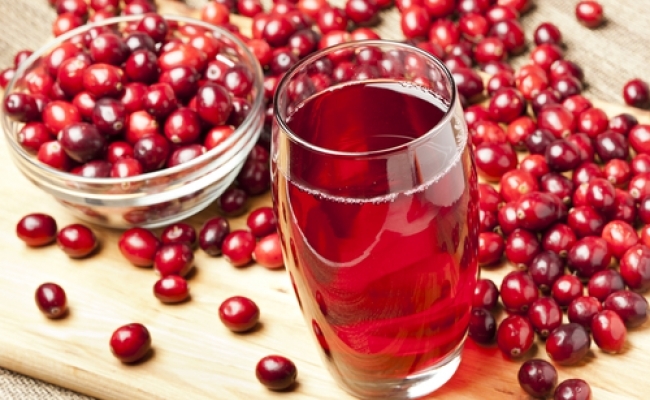Table of Contents
It is normal to have a small amount of pus cell in the urine. However, when the number of pus cells in the urine rises above the normal limit, a condition known as pyuria, it usually indicates an underlying infection of the urinary tract, kidney or bladder. While very high levels of pus in the urine needs medical attention, in case of mild to moderate increase in pus in the urine, a number of home remedies, by treating the underlying cause, help in eliminating the excess pus and restores the normal health of the urinary tract. If a urine test tells that your urine contains excess pus, try these home remedies to reduce the number of pus cells in the urine.
Here Are The 10 Useful Home Remedies For Pus Cells In Urine:
Cranberry Juice
When urinary tract infection is responsible for increasing the level of pus cells in the urine, drink a cup of unsweetened cranberry juice two to three times a day. The nutrients in cranberry inhibit growth of the infection causing bacteria in the urinary tract. Hippuric acid found in the berries prevents the pathogens from adhering to the wall of the urinary tract, thereby providing fast relief from the infection.
Baking Soda
Baking soda helps in restoring the normal pH of the urinary tract that helps in inhibiting growth of the pathogens. Add half a teaspoon of baking soda to a glass of water and drink the solution daily to reduce the number of pus cells in the urine. This home remedy works best for mild pyuria.
Garlic
The antimicrobial activity of garlic, by destroying the harmful bacteria, helps in eliminating the excess pus from the urine. Prepare garlic tea by steeping five to six crushed cloves of garlic in a cup of hot water for about 10 minutes. Drink the tea twice a day.
Coriander Seeds
The diuretic effect of coriander seeds, by increasing urine flow, helps in flushing out pathogens and pus from the urinary tract. Moreover, coriander seeds possess antibacterial and antifungal properties that help in fighting infections in the urinary tract. Soak overnight one tablespoon of crushed coriander seeds in a cup of water. In the morning, strain the water to remove the seeds and drink the water on empty stomach.
Yogurt
The healthy bacteria in yogurt help in eliminating the pathogens that are responsible for increasing the level of pus cells in the urine. It helps in strengthening the immune system, thereby speeding up the healing process.
Pineapple
Bromelain, an enzyme present in pineapple, helps in killing the pathogens responsible for urinary tract infections. By aiding recovery, bromelain helps in lowering the number of pus cells in the urine.
Onion Juice
Onion is known for its diuretic property that by increasing urine output helps in eliminating toxins, germs and pus from the urinary tract. Moreover, it possesses antibacterial property that helps in healing the infection. Drinking half a cup of onion juice sweetened with a teaspoon of honey daily helps in reducing the pus count in the urine.
Basil
Basil, a common culinary herb, can help in reducing the excess pus cell in the urine. Basil is an excellent diuretic and antiseptic and helps in soothing the irritated urinary tract and aids recovery from infection. Drink a teaspoon of basil juice two to three times a day.
Radish Juice
Radish juice is an excellent detoxification agent. It helps in detoxifying the kidneys, bladder and the urinary tract. It is even capable of eliminating small stones from the kidneys. The antibacterial compounds present in radish help in providing relief from infections that stimulate pus secretion.
Barley Water
Barley water is an excellent beverage for cleaning your urinary tract that helps in reducing the pus in the urine. It soothes the urinary tract, stimulates urine production and even helps in flushing out kidney stones.
Caution: Please use Home Remedies after Proper Research and Guidance. You accept that you are following any advice at your own risk and will properly research or consult healthcare professional.











